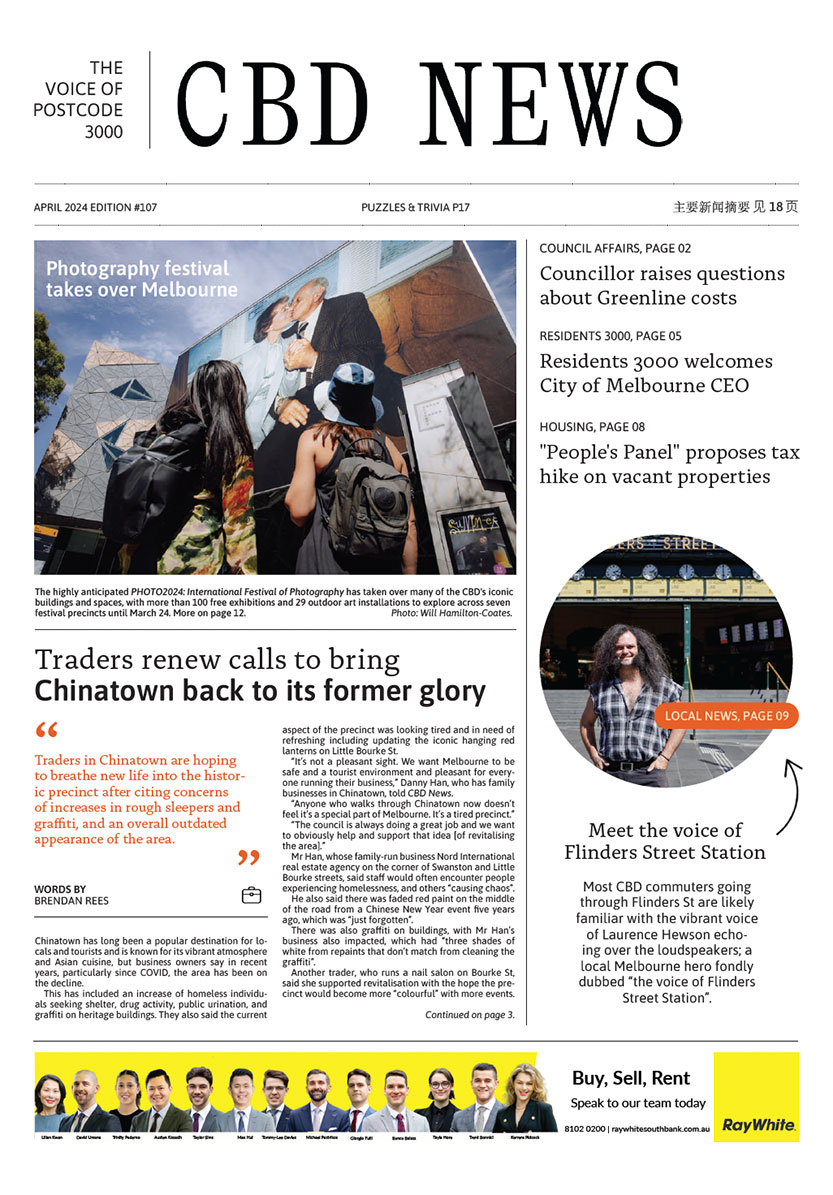Reflecting on heritage
By Tristan Davies
The current shutdown has given many of us pause to reconsider our impact on the world and the way we structure our lives and build our cities, and heritage should take a place in that discussion.
Numerous studies show that heritage protection, among other community-focussed urban planning frameworks, can have a significantly positive impact on wellbeing, not only through materiality and nostalgia, but also in the kinds of spaces and human scale heritage buildings often provide.
Some of the hardest hit businesses over the past few months naturally have been live music, performance and arts spaces that rely on communities gathering together. This makes the continuing demolition of the Palace Theatre on Bourke St even more tragic, with a historic venue purpose-built for cultural activities over the long term removed, ironically for a small hotel that may not even be viable when it’s construction ends due to a lack of international travel.
In a city where a storied heritage venue was emphatically seen as more valuable than the profits of a single developer and hotel chain, the anxiety felt across Melbourne’s music scene right now may be somewhat abated.
It looks like the Walk Arcade is also currently moving ahead with plans for redevelopment while the city streets are empty. This will see heritage buildings demolished and Union Lane street art gone by the time we get back from a central site that could have been so much more than serviced apartments and more gentrified retail space.
If we create a planning culture where our smaller heritage buildings are truly valued as long-term assets, we’d also see far more unique spaces for creative, hospitality and economic activities open up when this temporary crisis ends, many of which are currently seen only as opportunities for more intensive, gentrified use and quick-buck developments.
We are going to see many calls over the next few months for a reduction in red and green tape, the removal of recently won rules over plot-ratios, setbacks and heritage preservation, and the fast-tracking of development approvals in a time where planning democracy and review is made physically harder.
Instead of caving in to short-term economic arguments, our decision-makers need to take this pause to look at the long-term opportunities for re-shaping heritage and planning discussion away from a developer-led process to one for all Melbournians •

Backloading across borders with Transcorp – navigating interstate moves with ease





 Download the Latest Edition
Download the Latest Edition